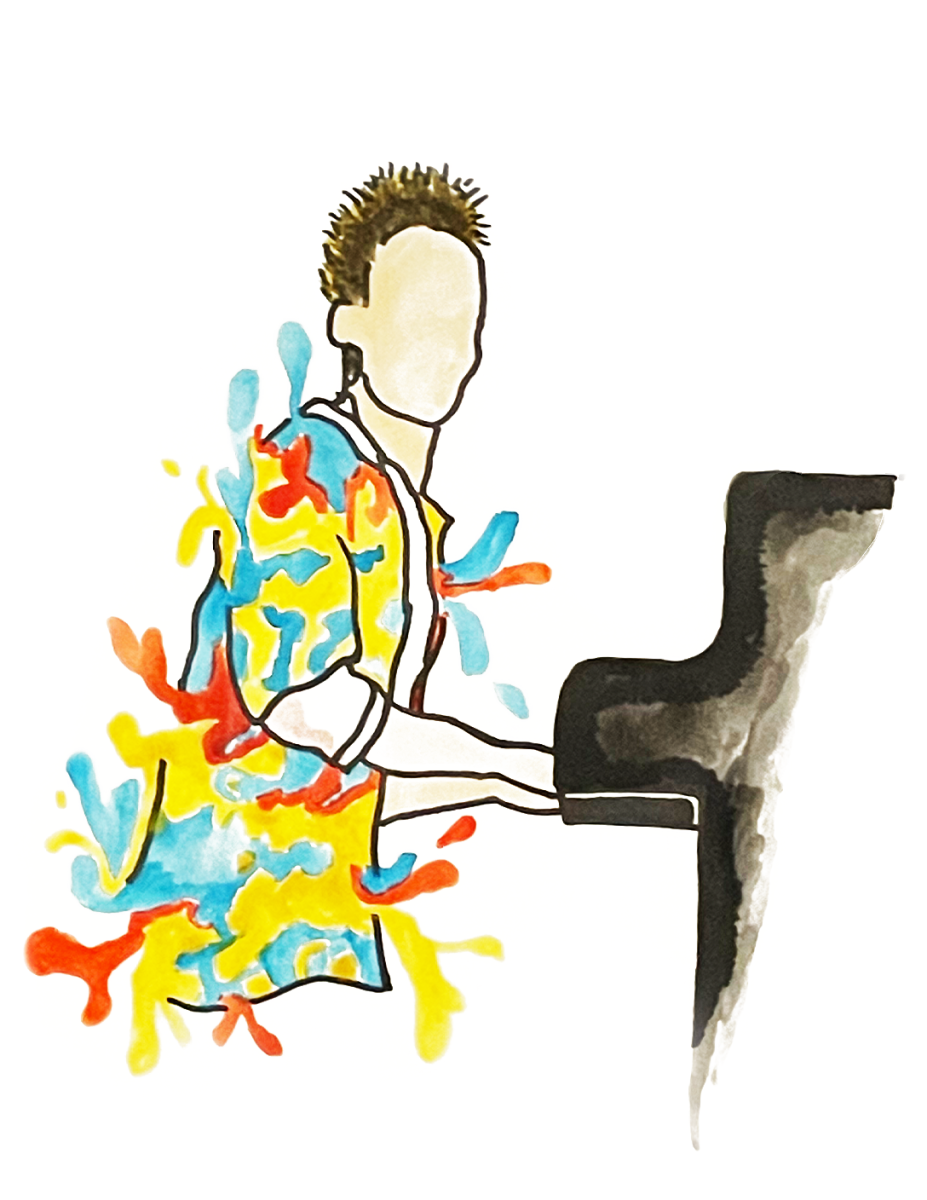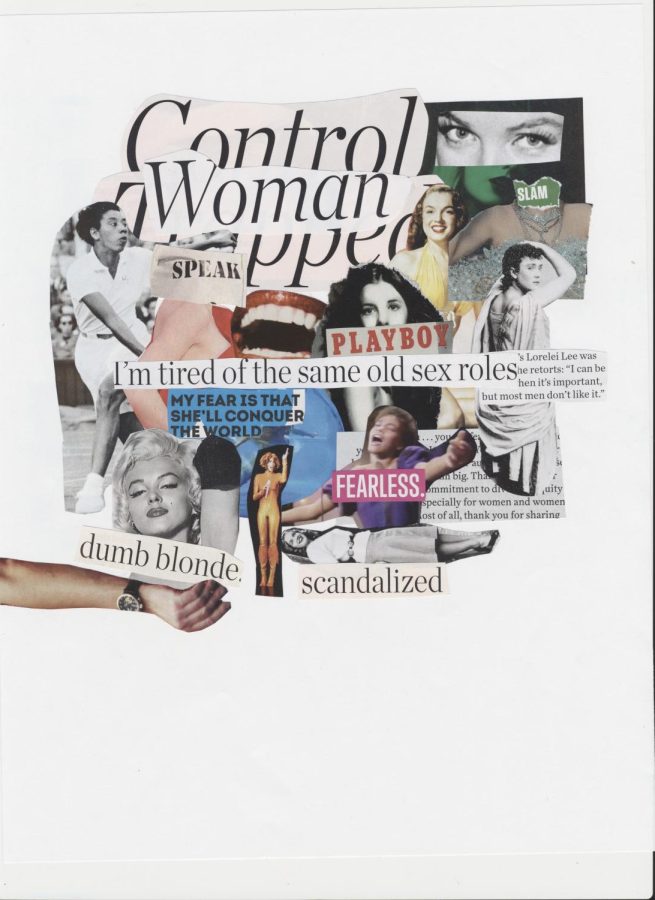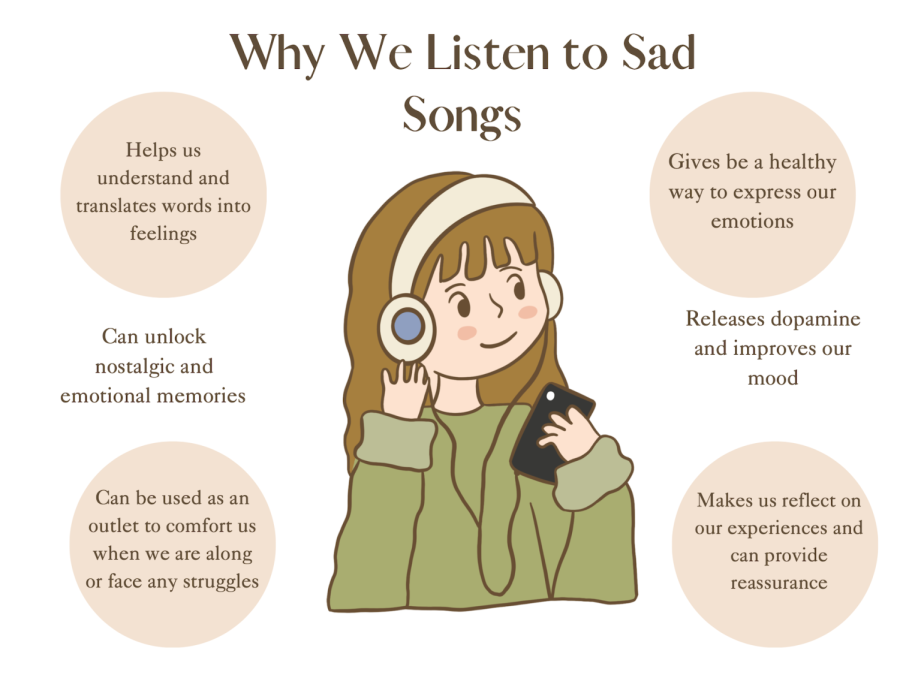Why We Listen To Sad Songs
Research recently shows how our brains are positively affected when listening to sad tunes.
May 22, 2023
Curled up amidst the dark in the comfort of your bed with headphones in, the melancholy melody and depressing lyrics flow around you and begin to tug on foreign expressions, bringing out a peculiar wave of settling comfort and nostalgia. Yet, outside of music, when sadness is an expression, we tend to avoid it, so why does listening to sad music make us feel so good? So let’s talk science. Wired to emphasize with others’ pains, our bodies produce hormones like prolactin and oxytocin released within us from our hypothalamus to manage feelings such as pain and sadness. In tricking our brain into a compensatory release of prolactin with sad music, our body is stuck with an influx of “pleasurable” opiates that have nowhere to be released, producing feelings of peace to offset the mental pain. When expressed, humans will experience calmness, comfort, and support, prompting us to find something relatable to express these sentiments. In feeling Lana Del Rey’s pain or Taylor Swift’s heartbreak, a chemical change may occur within us when clicking on one of their songs or, as Neuroscience news.com writes, “ clicking on our own metaphorical morphine drip.” While this theory has not been confirmed, several studies have shown the positive effects of prolactin and oxytocin on our brains when listening to sad songs that make us feel good.
Although it is not impertinent that tears will slide down our cheeks every time we listen to sad music, we enjoy it because it has the ability to “move us” one way or another. Dating back to 1500 BCE, the Sanskrit term “kama muta” is the experience of feeling “moved by love” that can result in chills, nostalgia, and a variety of emotions (reminiscent of sadness), creating feelings of warmth and joy. So why does lyrical dissonance move us? According to American author; James Baldwin reflected saying, “The things that tormented me most were the very things that connected me with all the people who were alive, who had ever been alive.”Those with high empathy may also be more prone to feeling moved when listening to sad music as an outlet to share deep and precious emotional experiences with others developing consolation and belonging. By triggering specific experiences, sad music has the ability to help resurface nostalgic memories and important milestones. Upon reflecting on these moments, depending on their meaning and significance, our moods can be enhanced when reflecting on pleasant memories. Yet sometimes, when remembering the happy times, there is an aching sadness in yearning for them again. In living vicariously through an artist’s lyricism, it’s cathartic, providing an outlet for listeners to channel any feelings of negativity, loneliness, and despair. By doing so, we disconnect ourselves from the reality of our own emotional state and instead align ourselves with the sad music. By aligning ourselves with the moods of melancholy music, several psychological benefits are also found that help regulate our mood. When listening to a song, we can let go and lose ourselves in the lyrics and rhythms, temporarily freeing us from breakups, grades, and loss. In dissociating ourselves from reality instead, we become ensconced by the lyrics and their relatability to our own lives and feelings. While only 25% of people feel sad when listening to sad music, several other emotions emerge from nostalgia, including togetherness, comfort, and happiness, proving the power of music.

































